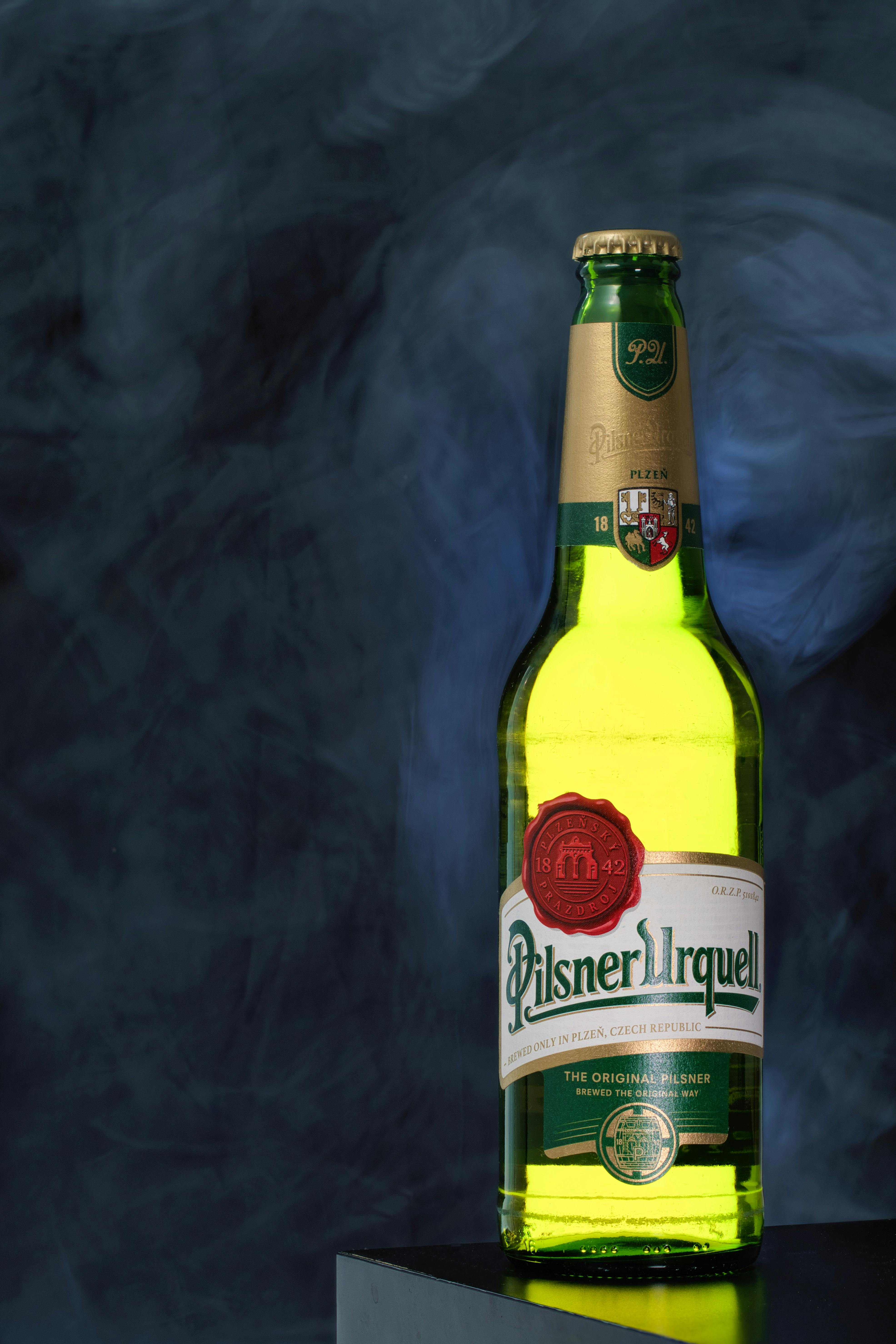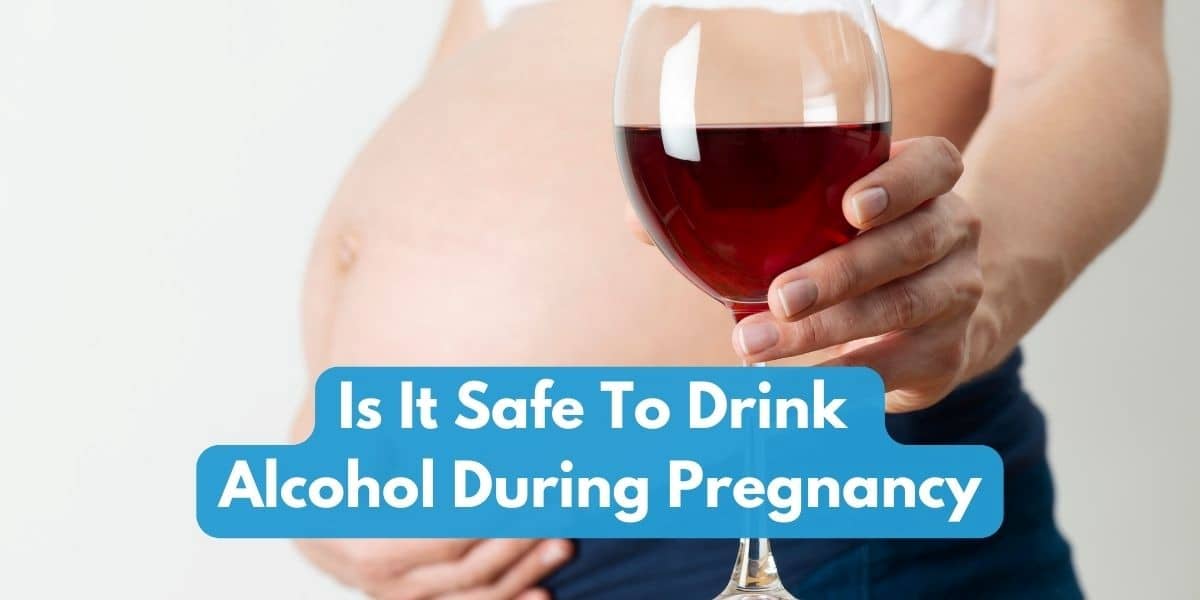What is the worst time to drink during pregnancy? It’s a question that many expectant mothers have, and one that we aim to address in this article. We will explore the topic, provide you with important information, and answer some frequently asked questions.
By the end, you’ll have a better understanding of the potential risks involved and be able to make an informed decision for yourself and your baby. Let’s dive in and discover what experts say about alcohol consumption during pregnancy
Fetal Alcohol Syndrome
Defining Fetal Alcohol Syndrome
Fetal Alcohol Syndrome (FAS) is a condition that occurs in babies whose mothers consumed alcohol during pregnancy. It is characterized by a range of physical, cognitive, and behavioral abnormalities. FAS can cause lifelong impairment, and unfortunately, it is completely preventable.
Symptoms and Effects of Fetal Alcohol Syndrome
The symptoms and effects of Fetal Alcohol Syndrome can vary from person to person. Physical abnormalities such as facial deformities, growth deficiencies, and heart defects may be present. Cognitive and behavioral issues, including learning disabilities, poor impulse control, and difficulty with social interactions, are also common.
FAS affects not only the individual with the syndrome but also their families and communities. It can lead to a lifetime of challenges, including difficulties in school, employment, and relationships. The effects of FAS can be far-reaching and have a significant impact on the quality of life of those affected.
Preventing Fetal Alcohol Syndrome
The most effective way to prevent Fetal Alcohol Syndrome is to refrain from consuming alcohol during pregnancy. It is important to remember that no amount of alcohol is safe during this critical time. If you are planning to get pregnant or are already pregnant, it is essential to seek support and guidance to abstain from alcohol.
Seeking prenatal care early in pregnancy can help healthcare providers educate women about the risks of alcohol consumption and provide the necessary resources for prevention. Additionally, raising awareness about FAS in communities and educating both men and women about the dangers of alcohol during pregnancy can contribute to prevention efforts.
Risks of Alcohol During Pregnancy
Alcohol and Pregnancy: An Overview
Alcohol and pregnancy are a dangerous combination. When a pregnant woman drinks alcohol, it passes through the placenta to the fetus, exposing it to harm. The developing baby’s organs, including the brain, can be adversely affected, leading to serious health complications.
Potential Risks to the Fetus
The potential risks to the fetus from prenatal alcohol exposure are numerous and severe. Alcohol can interfere with the baby’s growth, leading to low birth weight and developmental delays. It can cause brain damage, resulting in cognitive and behavioral issues. Additionally, alcohol increases the risk of miscarriage, stillbirth, and premature birth.
Long-Term Consequences for the Child
The long-term consequences for children exposed to alcohol during pregnancy can be devastating. Many children with prenatal alcohol exposure experience difficulties in school, such as learning disabilities and poor academic performance. They may struggle with impulse control and have behavioral problems. Mental health issues, including anxiety and depression, are also more common in individuals affected by prenatal alcohol exposure.
Moderate Alcohol Consumption
Defining Moderate Alcohol Consumption
Moderate alcohol consumption refers to drinking alcohol in low to moderate amounts, typically defined as up to one drink per day for women and up to two drinks per day for men. However, when it comes to pregnancy, even moderate alcohol consumption can be harmful to the fetus.
Studies on the Effects of Moderate Drinking During Pregnancy
Despite the common belief that moderate alcohol consumption during pregnancy is safe, studies have shown that any amount of alcohol can harm the developing baby. The potential risks, including physical and cognitive impairments, far outweigh any perceived benefits of moderate drinking.
Researchers have found that the effects of alcohol on the fetus are dose-dependent, meaning that even small amounts can have damaging consequences. The safest approach is to avoid alcohol completely during pregnancy to eliminate any potential risks.
Recommendations for Moderate Alcohol Consumption
Given the potential harm to the fetus, it is recommended that pregnant women abstain from alcohol altogether. If you are planning to become pregnant or suspect that you may be pregnant, it is best to stop drinking immediately. It is always better to err on the side of caution when it comes to the well-being of your baby.
Also Check: Myth: Why To Avoid Banana During Pregnancy?
Alcohol and Developmental Disabilities
Alcohol-Related Neurodevelopmental Disorder (ARND)
Alcohol-Related Neurodevelopmental Disorder (ARND) is a condition that occurs in individuals exposed to alcohol during pregnancy. It is characterized by cognitive and behavioral impairments, including difficulties with attention, memory, and problem-solving. ARND can have a lifelong impact on the affected individual’s ability to function and succeed in various aspects of life.
Alcohol-Related Birth Defects (ARBD)
Alcohol-Related Birth Defects (ARBD) refer to physical abnormalities caused by prenatal alcohol exposure. These can manifest as heart defects, skeletal deformities, and facial abnormalities, among others. ARBD not only affects an individual’s physical appearance but can also lead to significant health complications and challenges in daily life.
Preventing Alcohol-Related Developmental Disabilities
The best way to prevent alcohol-related developmental disabilities is to avoid alcohol during pregnancy. Even small amounts of alcohol can have adverse effects on the developing baby. Education and awareness about the dangers of alcohol during pregnancy should be a priority, along with providing support and resources for expectant mothers to abstain from alcohol.

This image is property of images.pexels.com.
Binge Drinking and Pregnancy
Understanding Binge Drinking
Binge drinking refers to consuming large amounts of alcohol within a short period. For women, binge drinking is typically defined as consuming four or more drinks in a two-hour span. Binge drinking poses serious risks to both the woman and the developing fetus, making it crucial to avoid this behavior during pregnancy.
Increasing Risks of Binge Drinking During Pregnancy
Binge drinking during pregnancy amplifies the risks associated with alcohol consumption. The high levels of alcohol in the bloodstream can quickly reach the fetus through the placenta, leading to significant harm. Binge drinking is particularly dangerous as it subjects the developing baby to a sudden surge of alcohol, which can have severe consequences.
The Importance of Avoiding Binge Drinking
Avoiding binge drinking during pregnancy is essential to protect the health and well-being of both the mother and the baby. Education about the dangers of binge drinking, as well as providing support to those at risk, can help prevent the occurrence of serious developmental issues caused by prenatal alcohol exposure.
Alcohol Alternatives During Pregnancy
Substitutes for Alcohol During Pregnancy
During pregnancy, it is important to find alternatives to alcohol for those who wish to enjoy a beverage. Many alcohol-free options are available, providing a range of enjoyable and refreshing alternatives. Mocktails, non-alcoholic beers and wines, herbal teas, and infused water are just a few examples of substitutes that can still provide pleasure without the risks of alcohol.
Healthier Options for Pregnant Women
In addition to the alcohol alternatives mentioned, pregnant women can also explore other healthy beverage options. Water is essential for hydration and is the best choice. Fruit juices, smoothies, milk, and herbal teas can also provide essential nutrients while being safe for consumption during pregnancy.
Benefits of Choosing Non-Alcoholic Beverages
Choosing non-alcoholic beverages during pregnancy offers several benefits. These options help pregnant women stay hydrated, provide vital nutrients, and avoid the potential harmful effects of alcohol on the developing baby. Additionally, enjoying alcohol-free beverages can still be a social and enjoyable experience, ensuring that pregnant women feel included in social gatherings.

Source: TheTechBrain AI
Frequently Asked Questions (FAQs)
Can drinking alcohol during pregnancy cause miscarriage?
No, drinking alcohol during pregnancy does not directly cause miscarriage. However, alcohol consumption increases the risk of miscarriage due to the potential harm it can cause to the developing fetus. It is crucial to avoid alcohol completely during pregnancy to protect the baby’s health.
Is it safe to have an occasional glass of wine while pregnant?
No, it is not safe to have any amount of alcohol during pregnancy, including an occasional glass of wine. Even small amounts of alcohol can have harmful effects on the developing baby. It is best to abstain from alcohol completely throughout pregnancy.
Does alcohol affect the baby differently at different stages of pregnancy?
Yes, alcohol can have different effects depending on the stage of pregnancy. However, it is important to note that any amount of alcohol can be harmful to the fetus, regardless of the stage of pregnancy. To ensure the best possible outcome, it is recommended to avoid alcohol entirely during pregnancy.
Conclusion
The importance of avoiding alcohol during pregnancy cannot be overstated. Fetal Alcohol Syndrome poses significant risks to the developing baby, resulting in a wide range of physical, cognitive, and behavioral abnormalities.
The irreversible risks associated with prenatal alcohol exposure highlight the urgent need for education, awareness, and support to promote healthy and alcohol-free pregnancies. By making informed choices and prioritizing the well-being of the next generation, we can create a society where every child has the opportunity to thrive.
